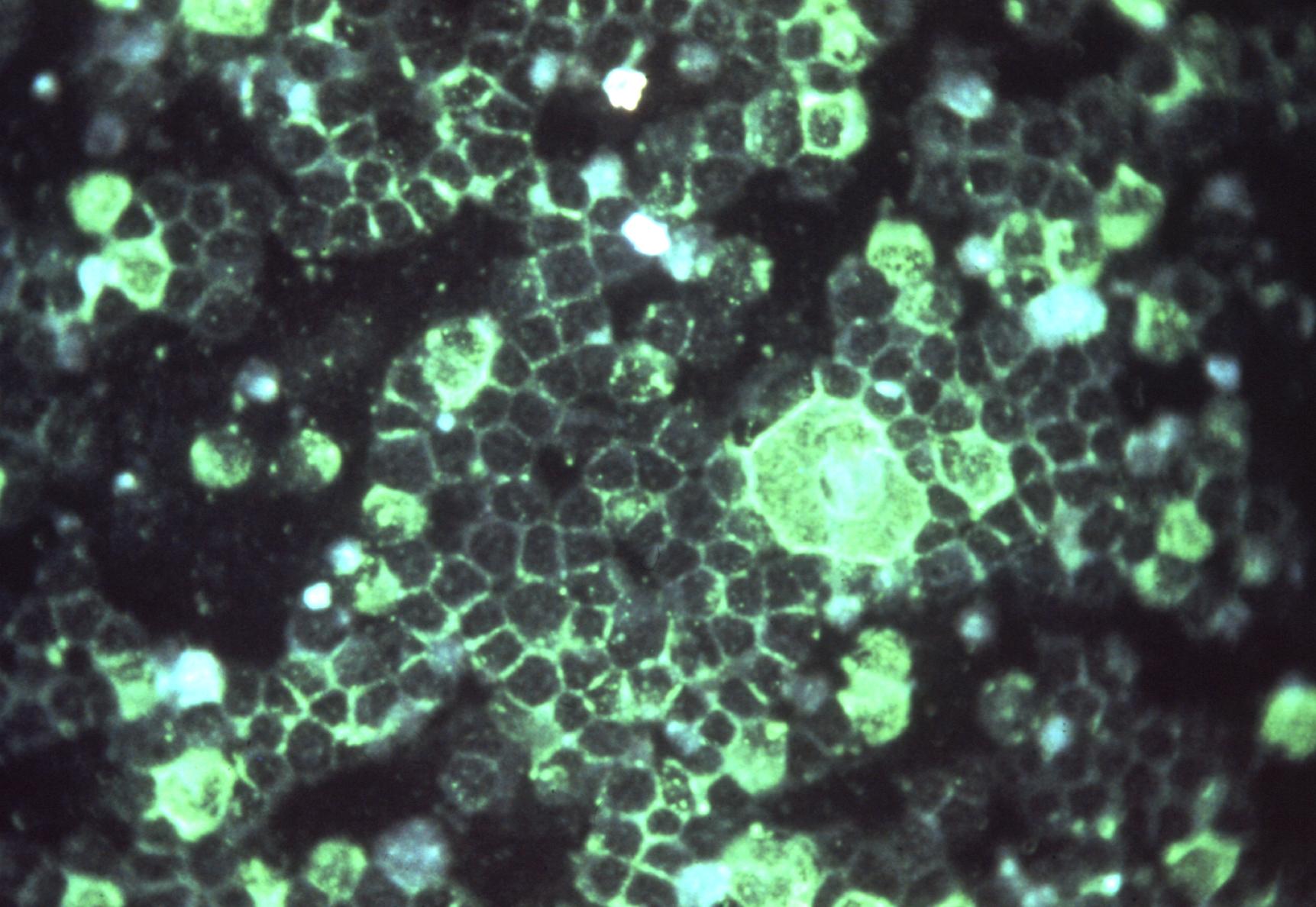Protection of calves by a prefusion-stabilized bovine RSV F vaccine
Bovine respiratory syncytial virus, a major cause of respiratory disease in calves, is closely related to human RSV, a leading cause of respiratory disease in infants. Recently, promising human RSV-vaccine candidates have been engineered that stabilize the metastable fusion (F) glycoprotein in its prefusion state; however, the absence of a relevant animal model for human RSV has complicated assessment of these vaccine candidates. Here, we use a combination of structure-based design, antigenic characterization, and X-ray crystallography to translate human RSV F stabilization into the bovine context. A DS2 version of bovine respiratory syncytial virus F with subunits covalently fused, fusion peptide removed, and pre-fusion conformation stabilized by cavity-filling mutations and intra- and inter-protomer disulfides was recognized by pre-fusion-specific antibodies, AM14, D25, and MPE8, and elicited bovine respiratory syncytial virus-neutralizing titers in calves >100-fold higher than those elicited by post-fusion F. When challenged with a heterologous bovine respiratory syncytial virus, virus was not detected in nasal secretions nor in respiratory tract samples of DS2-immunized calves; by contrast bovine respiratory syncytial virus was detected in all post-fusion- and placebo-immunized calves. Our results demonstrate proof-of-concept that DS2-stabilized RSV F immunogens can induce highly protective immunity from RSV in a native host with implications for the efficacy of prefusion-stabilized F vaccines in humans and for the prevention of bovine respiratory syncytial virus in calves.
